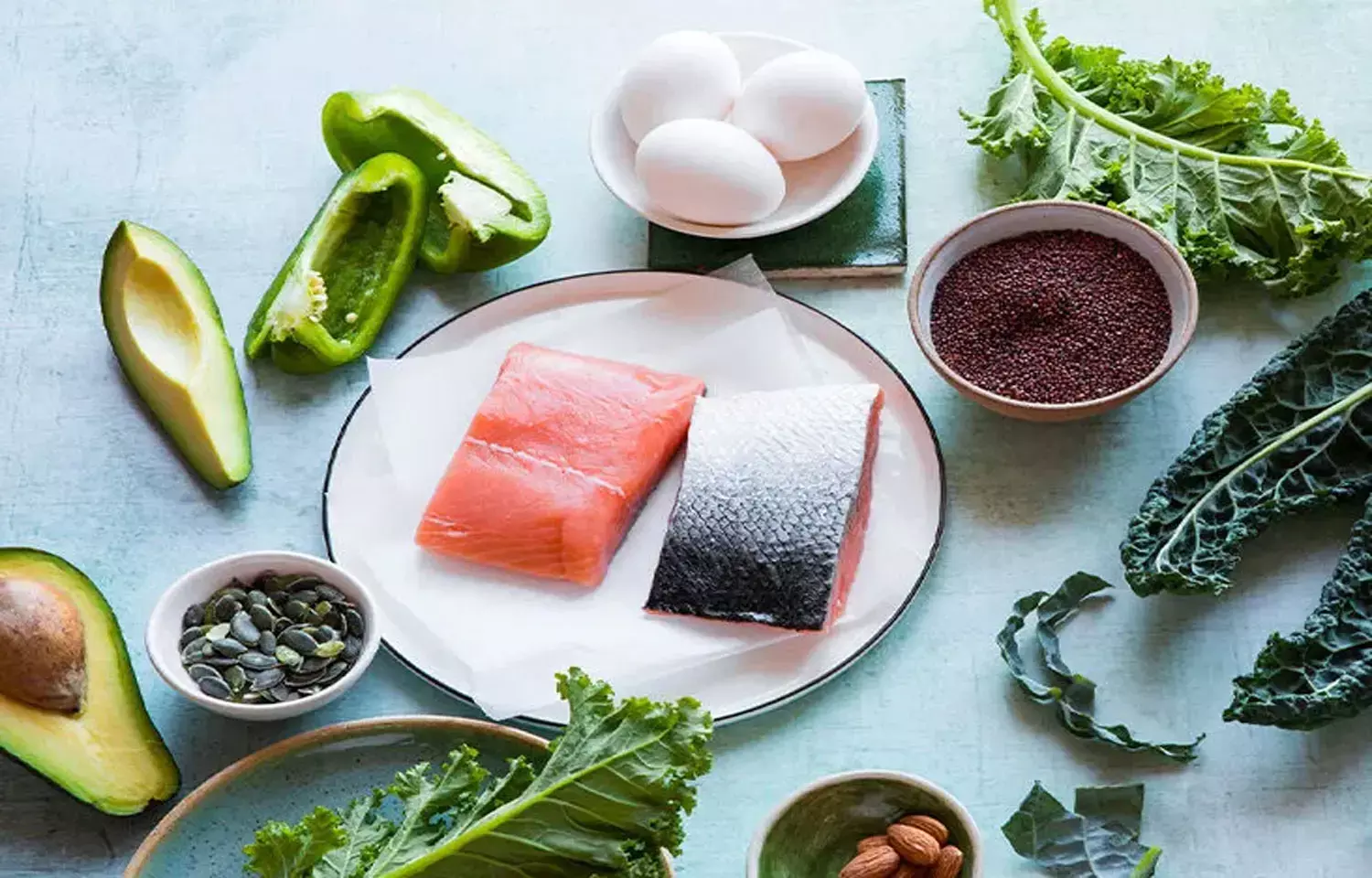- Home
- Medical news & Guidelines
- Anesthesiology
- Cardiology and CTVS
- Critical Care
- Dentistry
- Dermatology
- Diabetes and Endocrinology
- ENT
- Gastroenterology
- Medicine
- Nephrology
- Neurology
- Obstretics-Gynaecology
- Oncology
- Ophthalmology
- Orthopaedics
- Pediatrics-Neonatology
- Psychiatry
- Pulmonology
- Radiology
- Surgery
- Urology
- Laboratory Medicine
- Diet
- Nursing
- Paramedical
- Physiotherapy
- Health news
- Fact Check
- Bone Health Fact Check
- Brain Health Fact Check
- Cancer Related Fact Check
- Child Care Fact Check
- Dental and oral health fact check
- Diabetes and metabolic health fact check
- Diet and Nutrition Fact Check
- Eye and ENT Care Fact Check
- Fitness fact check
- Gut health fact check
- Heart health fact check
- Kidney health fact check
- Medical education fact check
- Men's health fact check
- Respiratory fact check
- Skin and hair care fact check
- Vaccine and Immunization fact check
- Women's health fact check
- AYUSH
- State News
- Andaman and Nicobar Islands
- Andhra Pradesh
- Arunachal Pradesh
- Assam
- Bihar
- Chandigarh
- Chattisgarh
- Dadra and Nagar Haveli
- Daman and Diu
- Delhi
- Goa
- Gujarat
- Haryana
- Himachal Pradesh
- Jammu & Kashmir
- Jharkhand
- Karnataka
- Kerala
- Ladakh
- Lakshadweep
- Madhya Pradesh
- Maharashtra
- Manipur
- Meghalaya
- Mizoram
- Nagaland
- Odisha
- Puducherry
- Punjab
- Rajasthan
- Sikkim
- Tamil Nadu
- Telangana
- Tripura
- Uttar Pradesh
- Uttrakhand
- West Bengal
- Medical Education
- Industry
High carb foods, red meat may increase breast cancer risk in women: Study

Moving from a more anti-inflammatory diet toward one that increases inflammation upped breast cancer risk in an almost linear manner.
Rockville, Maryland: Women who consume diets that contain foods that increase inflammation are at increased risk of breast cancer compared to women who consume an anti-inflammatory diet, finds a recent study involving more than 350,000 women. Foods that increase inflammation include red and processed meat; high-fat foods such as butter, margarine, and frying fats; and sweets including sugar, honey, and foods high in sugar. Fruits, vegetables, legumes, tea, and coffee all have potent anti-inflammatory properties.
The findings of the study were presented at the NUTRITION 2021 LIVE ONLINE
According to the study, women with diets incorporating more foods that increase inflammation in the body had a 12% increase in their risk of breast cancer compared to women who consume more anti-inflammatory diets.
The study authors found that moving from a more anti-inflammatory diet toward one that increases inflammation upped breast cancer risk in an almost linear manner.
"Most studies examining diet and breast cancer risk have focused on single nutrients or foods rather than the whole diet," said the study's first author Carlota Castro-Espin, a predoctoral fellow at the Catalan Institute of Oncology and Bellvitge Biomedical Research Institute in Barcelona, Spain. "People consume food not nutrients, thus examining overall dietary patterns, rather than single components of diets can lead to more accurate conclusions when analysing associations with a health outcome such as breast cancer."
The new results are based on data from the European Investigation into Cancer and Nutrition (EPIC) study, a prospective study that recruited more than 500,000 participants across 10 European countries starting in the mid-1990s. The study included more than 13,000 breast cancer diagnoses during approximately 15 years of follow-up.
The typical diet for EPIC participants was measured for a year using food frequency or diet history questionnaires. The researchers used this information to calculate an inflammatory score for each study participant based on their intake of 27 foods.
The researchers examined dietary patterns linked with inflammation because long-term, low-grade inflammation has been linked with the development of breast cancer. A large number of women in the study allowed the researchers to take a more nuanced look at the relationship between dietary patterns and breast cancer risk.
Their analysis showed that the increase in breast cancer risk due to pro-inflammatory diets appears to be more pronounced among premenopausal women. They also found that the association did not vary by breast cancer hormone receptor subtypes.
"Our results add more evidence of the role that dietary patterns play in the prevention of breast cancer," said Castro-Espin. "With further confirmation, these findings could help inform dietary recommendations aimed at lowering cancer risk."
As a next step, the researchers plan to evaluate the association of the inflammatory potential of diet and other dietary patterns with breast cancer survival using participants in the EPIC study.
Reference:
"Inflammatory Potential of the Diet and Risk of Breast Cancer in the European Investigation Into Cancer and Nutrition (EPIC) Study," was presented at the meeting NUTRITION 2021 LIVE ONLINE.
Hina Zahid Joined Medical Dialogue in 2017 with a passion to work as a Reporter. She coordinates with various national and international journals and association and covers all the stories related to Medical guidelines, Medical Journals, rare medical surgeries as well as all the updates in the medical field. Email: editorial@medicaldialogues.in. Contact no. 011-43720751
Dr Kamal Kant Kohli-MBBS, DTCD- a chest specialist with more than 30 years of practice and a flair for writing clinical articles, Dr Kamal Kant Kohli joined Medical Dialogues as a Chief Editor of Medical News. Besides writing articles, as an editor, he proofreads and verifies all the medical content published on Medical Dialogues including those coming from journals, studies,medical conferences,guidelines etc. Email: drkohli@medicaldialogues.in. Contact no. 011-43720751


